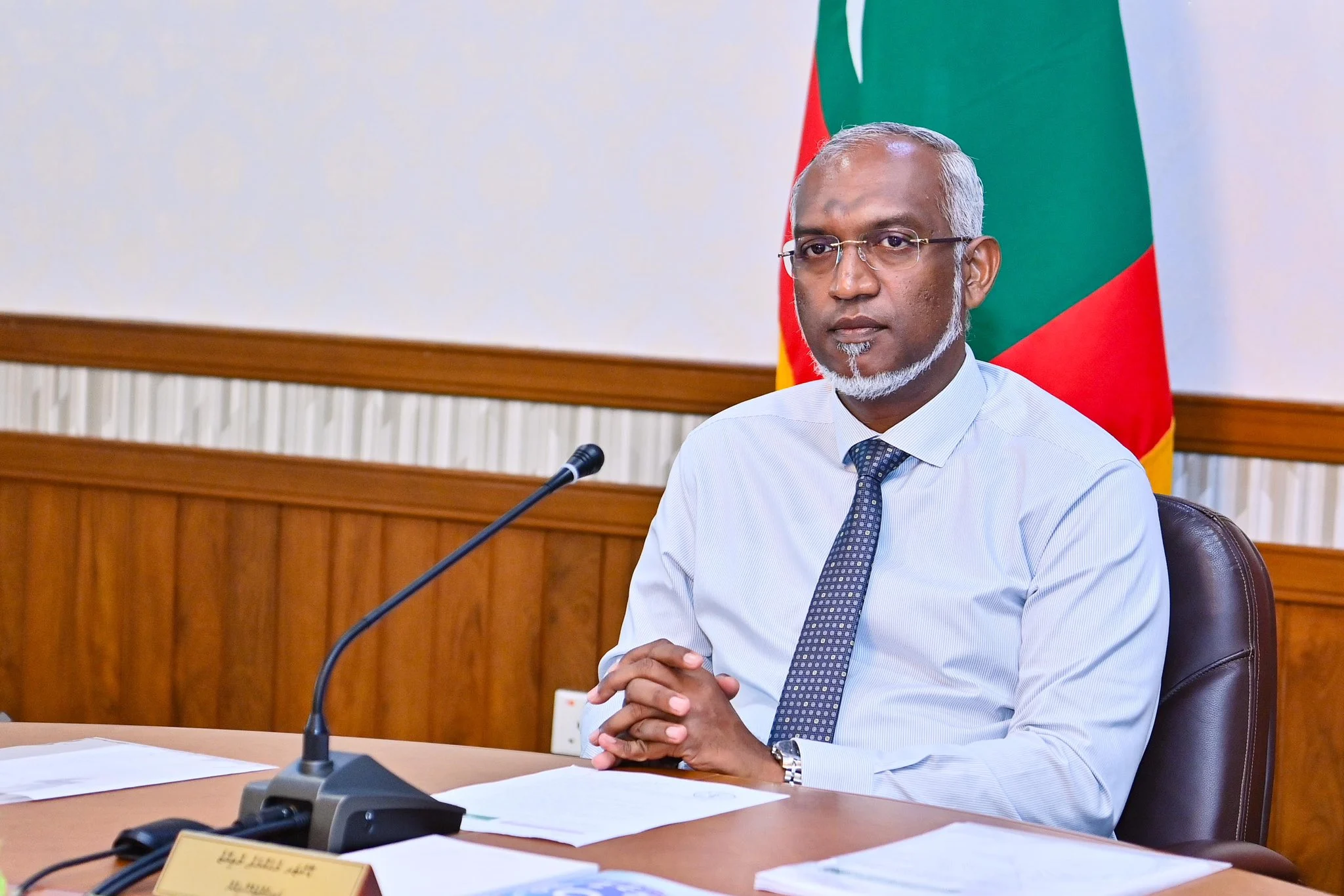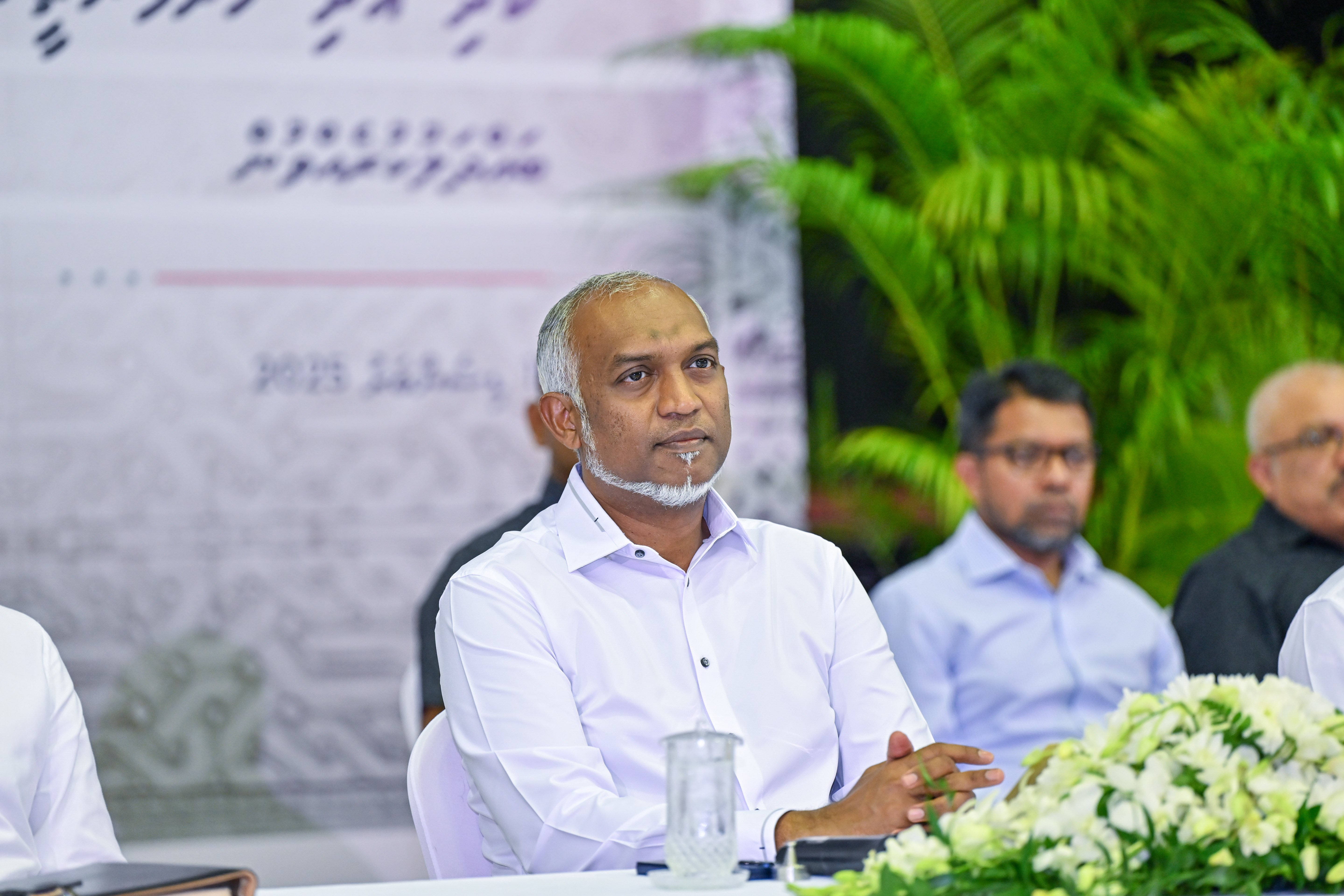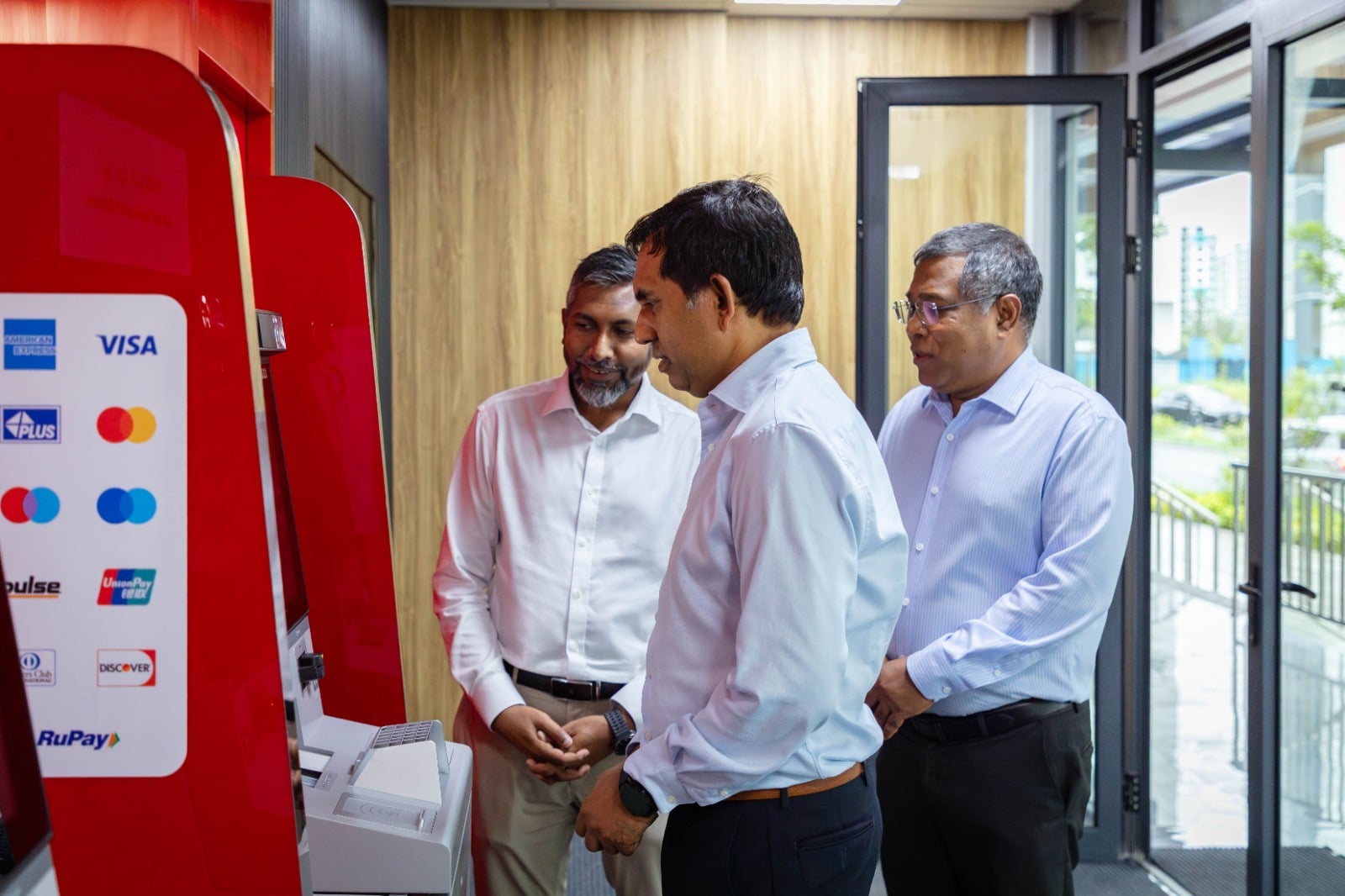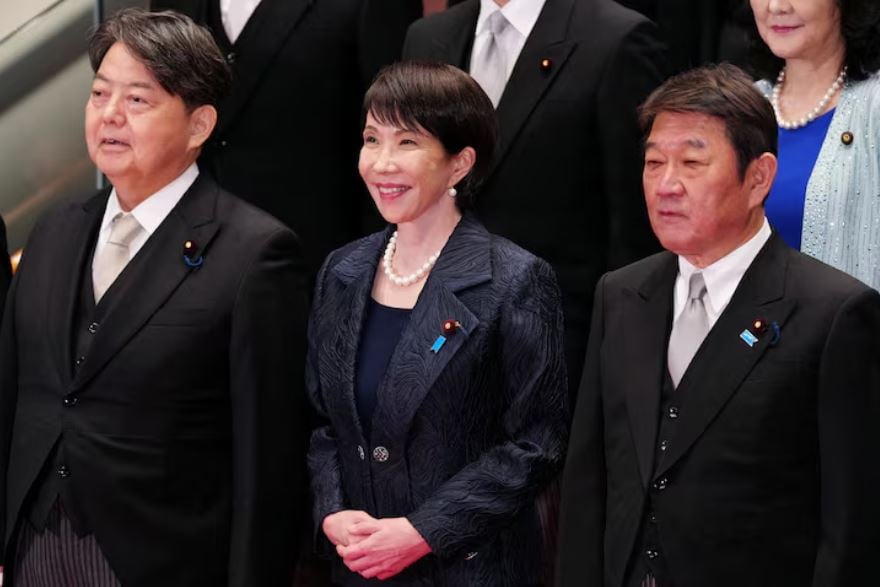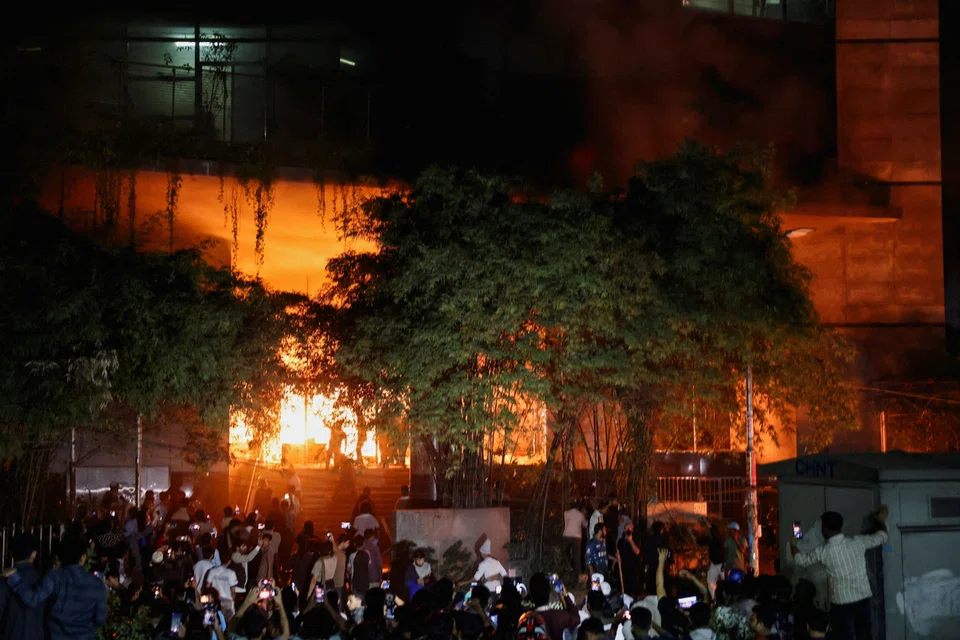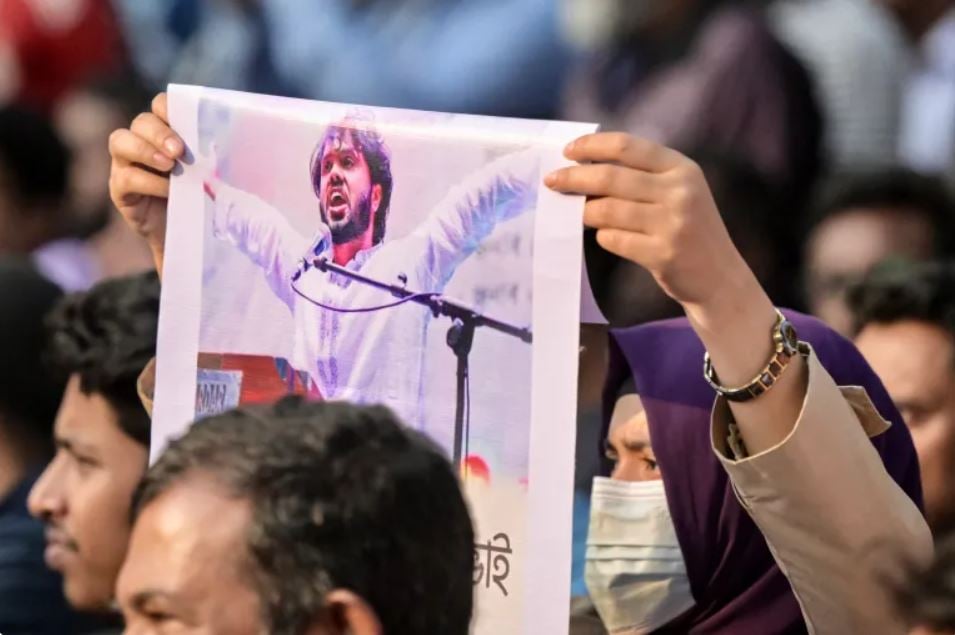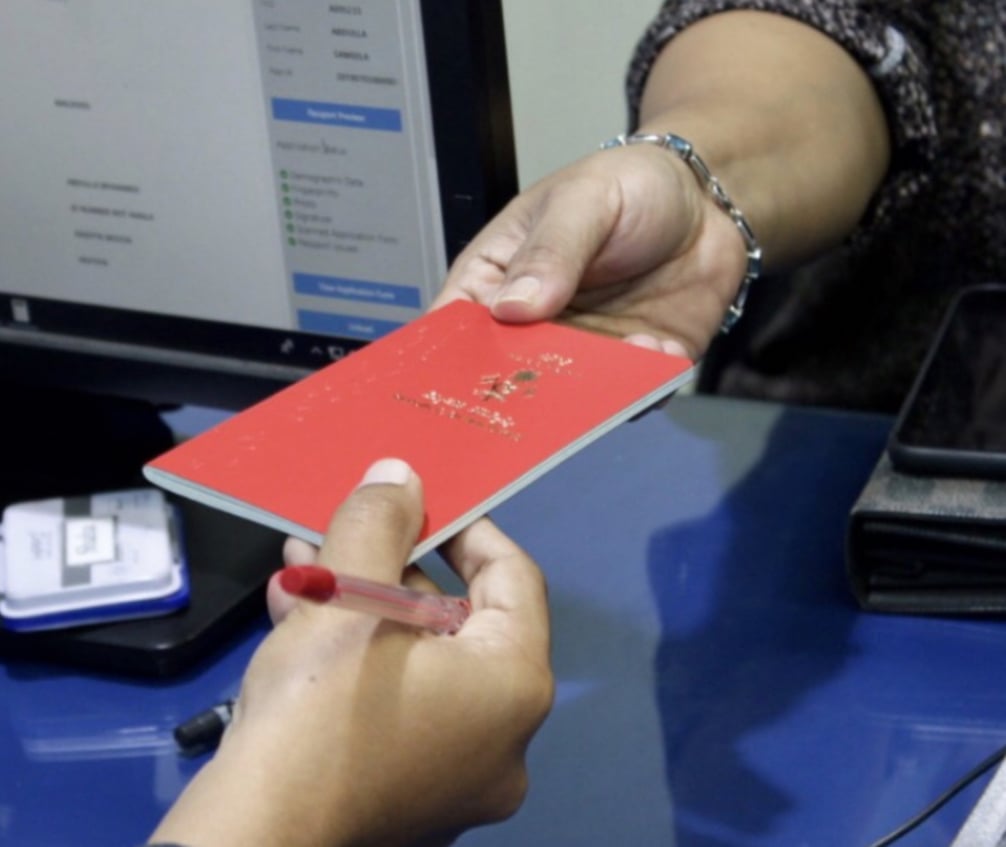President Dr. Mohamed Muizzu has unveiled ambitious plans aimed at transforming the Fushidhiggaru falhu into a vital center for food security in the Maldives, marking a significant milestone in the nation's agricultural development strategy.
The Maldives Industrial Development Free Zone has awarded the China Harbor Engineering Company the prestigious task of spearheading the development of an expansive agricultural zone within the Fushidhiggaru falhu. This initiative is poised to revolutionize the Maldives' food production landscape, reducing its reliance on imports and bolstering domestic self-sufficiency.
President Dr. Muizzu outlined the project's scope, revealing that approximately 200 hectares of land will undergo dredging and development to establish a robust food security hub. Emphasizing the transformative potential of this endeavor, he highlighted the creation of numerous employment opportunities and the prospect of widespread prosperity for the Maldivian populace.
"This initiative lays the strongest foundation for the Maldives' future," stated President Dr. Muizzu, underlining its pivotal role in fostering economic resilience and sustainable growth. He expressed confidence in the project's capacity to elevate food security standards and significantly enhance the nation's agricultural productivity.
The overarching goal of the government's initiative is twofold: to ensure ample food supply for the Maldivian populace and to cultivate a surplus for the flourishing tourism sector. Additionally, the project aims to alleviate the cost of living by a substantial margin, with projections suggesting a potential reduction of up to 40 percent.
Echoing the sentiments of President Dr. Muizzu, the China Harbor Engineering Company underscored the far-reaching impact of the food security project, estimating that approximately 800,000 individuals will directly benefit from its implementation.
In a recent address at R. Inguraidhoo, President Dr. Muizzu reiterated the government's unwavering commitment to prioritizing agricultural development across the Maldives. He affirmed that strategic investments and comprehensive reforms over the coming years will empower the nation to achieve self-sufficiency and foster a culture of independence and resilience among its citizens.
The Maldives Industrial Development Free Zone has awarded the China Harbor Engineering Company the prestigious task of spearheading the development of an expansive agricultural zone within the Fushidhiggaru falhu. This initiative is poised to revolutionize the Maldives' food production landscape, reducing its reliance on imports and bolstering domestic self-sufficiency.
President Dr. Muizzu outlined the project's scope, revealing that approximately 200 hectares of land will undergo dredging and development to establish a robust food security hub. Emphasizing the transformative potential of this endeavor, he highlighted the creation of numerous employment opportunities and the prospect of widespread prosperity for the Maldivian populace.
"This initiative lays the strongest foundation for the Maldives' future," stated President Dr. Muizzu, underlining its pivotal role in fostering economic resilience and sustainable growth. He expressed confidence in the project's capacity to elevate food security standards and significantly enhance the nation's agricultural productivity.
The overarching goal of the government's initiative is twofold: to ensure ample food supply for the Maldivian populace and to cultivate a surplus for the flourishing tourism sector. Additionally, the project aims to alleviate the cost of living by a substantial margin, with projections suggesting a potential reduction of up to 40 percent.
Echoing the sentiments of President Dr. Muizzu, the China Harbor Engineering Company underscored the far-reaching impact of the food security project, estimating that approximately 800,000 individuals will directly benefit from its implementation.
In a recent address at R. Inguraidhoo, President Dr. Muizzu reiterated the government's unwavering commitment to prioritizing agricultural development across the Maldives. He affirmed that strategic investments and comprehensive reforms over the coming years will empower the nation to achieve self-sufficiency and foster a culture of independence and resilience among its citizens.





